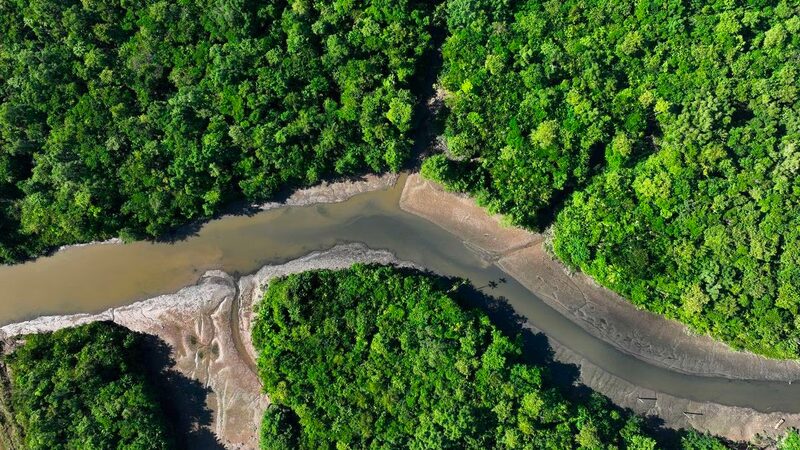The global economy is navigating through tight monetary, financial, and fiscal conditions, exacerbated by the ongoing conflict in Ukraine. These challenges are slowing growth to an expected 3 percent this year, down from 3.5 percent in 2022, and increasing poverty and food insecurity, especially in developing nations. Amid these headwinds, Latin America and the Caribbean (LAC) emerge as a beacon of resilience and leadership.
One of the region’s standout contributions is its potential to fortify the global food market. Back in 2017, the World Economic Forum highlighted LAC’s role as the \"breadbasket of the world.\" Building on this, last year’s Summit of the Americas emphasized the critical role of major LAC exporters in enhancing global food security. With a quarter of the world's arable land and a third of its freshwater resources, LAC already stands as the largest net food exporter globally. To maximize this potential, the region needs new investments in physical and digital infrastructure, climate-resilient agriculture, and enhanced integration into regional and global value chains.
Beyond agriculture, LAC is positioned to lead in climate initiatives. Accounting for less than 10 percent of global greenhouse gas emissions, countries like Costa Rica and Uruguay are pioneers in generating nearly all their electricity from renewable sources. Even traditionally carbon-intensive economies like Colombia are implementing ambitious climate reforms. Moreover, LAC holds two-thirds of the world's lithium reserves and 40 percent of its copper reserves—key minerals for climate-friendly technologies. These resources are central to the EU-LAC Global Gateway Investment Agenda, a €45 billion initiative aimed at sustainable development.
The region is also at the forefront of climate adaptation. With climate change already impacting vulnerable communities, LAC countries are providing invaluable insights into effective adaptation strategies. Barbados played a key role in the Paris Summit for a New Global Financing Pact in June, and Brazil is set to assume the G20 presidency and host the United Nations climate summit (COP30) in 2025.
Innovation in linking policy, climate, nature, and finance is another area where LAC shines. The Caribbean Catastrophe Risk Insurance Facility, established in 2007, serves as the world's first multi-country, multi-peril risk pool, offering a financial buffer against extreme weather events. Such initiatives underscore LAC’s commitment to sustainable and resilient development.
As the world grapples with complex challenges, Latin America and the Caribbean offer fresh perspectives and actionable solutions, making the region a pivotal player in shaping a sustainable and prosperous global future.
Reference(s):
cgtn.com




